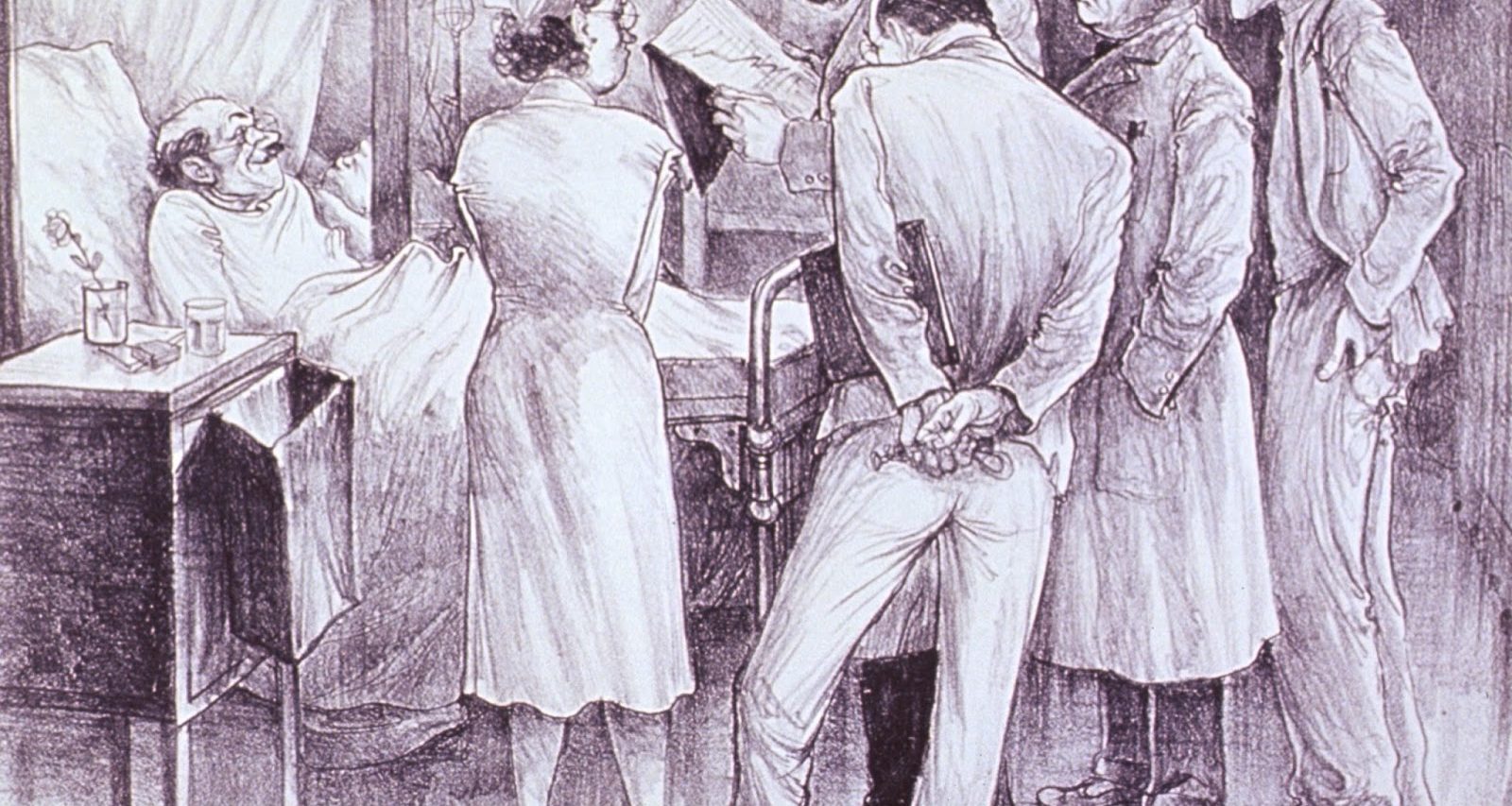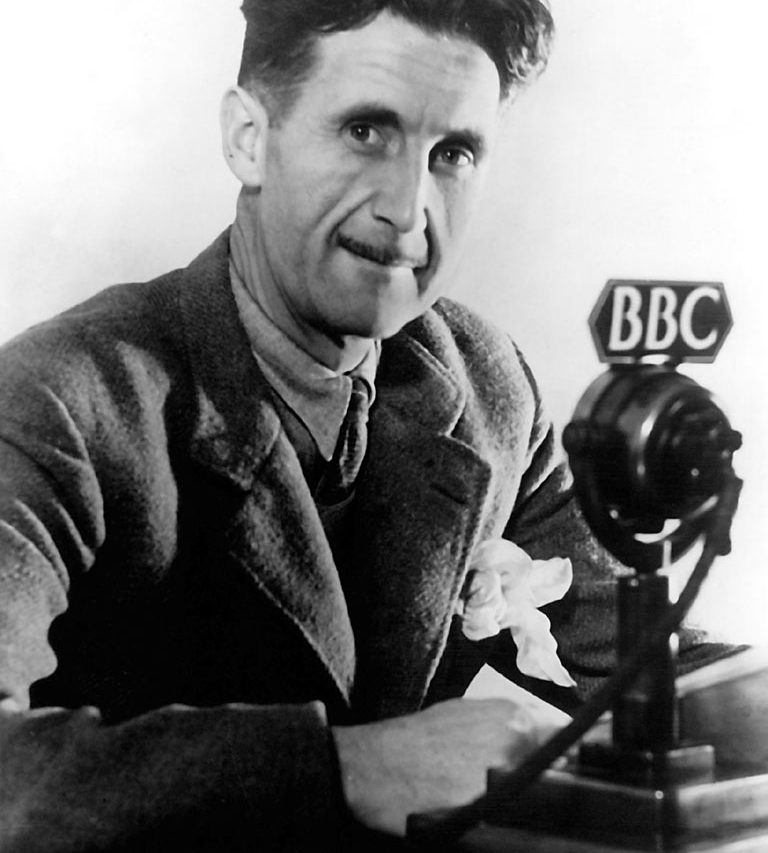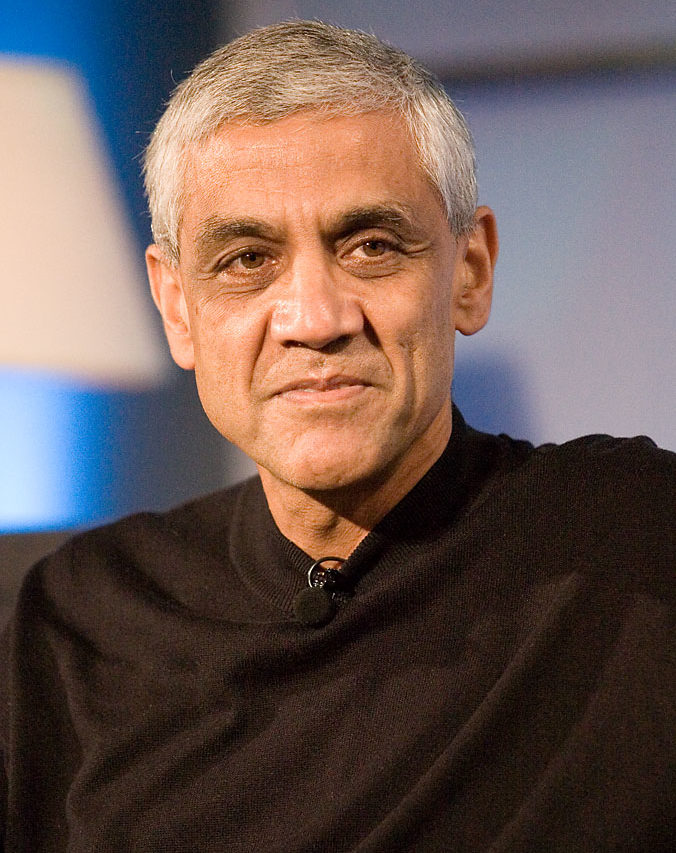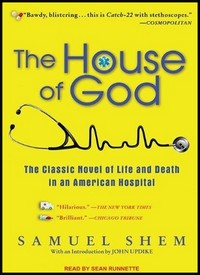February 6, 2018
Locked In: What It’s Like to Be Fully Paralyzed
On Friday, December 8th, 1995, Jean-Dominique Bauby, the 43-year-old French editor of the fashion magazine Elle, suffered a major stroke. He was behind the wheel of his BMW after picking up his son, and suddenly felt as though he were “functioning in slow motion.” His vision blurred and he broke out in a cold sweat. He barely managed...
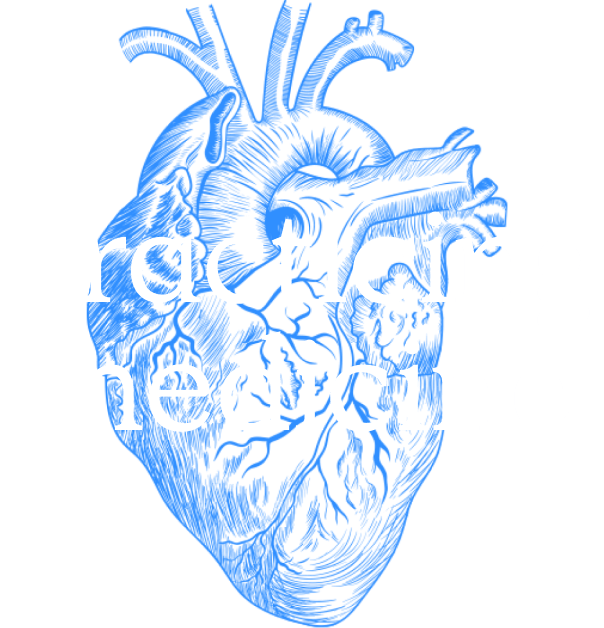

_2.jpg)
